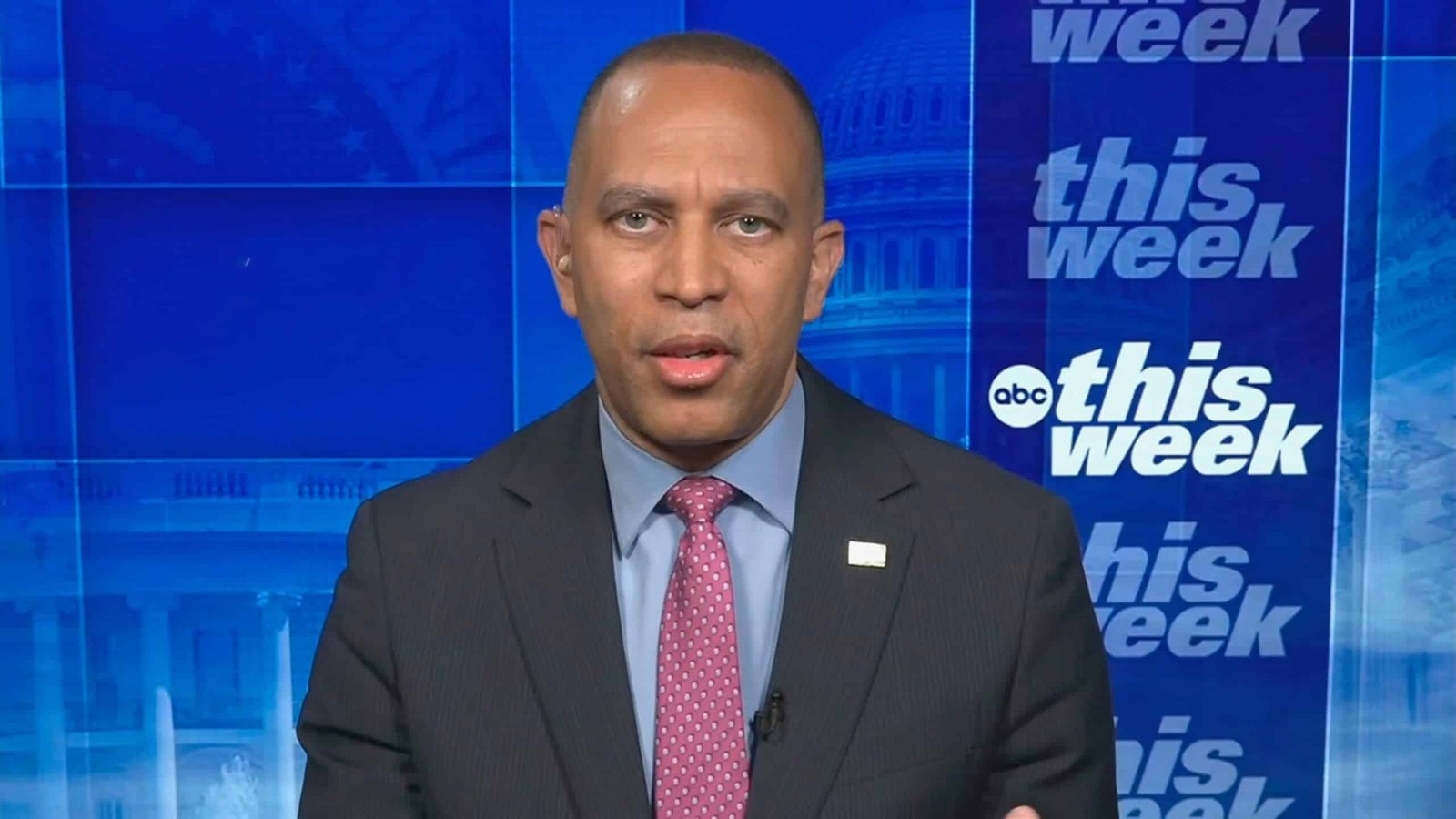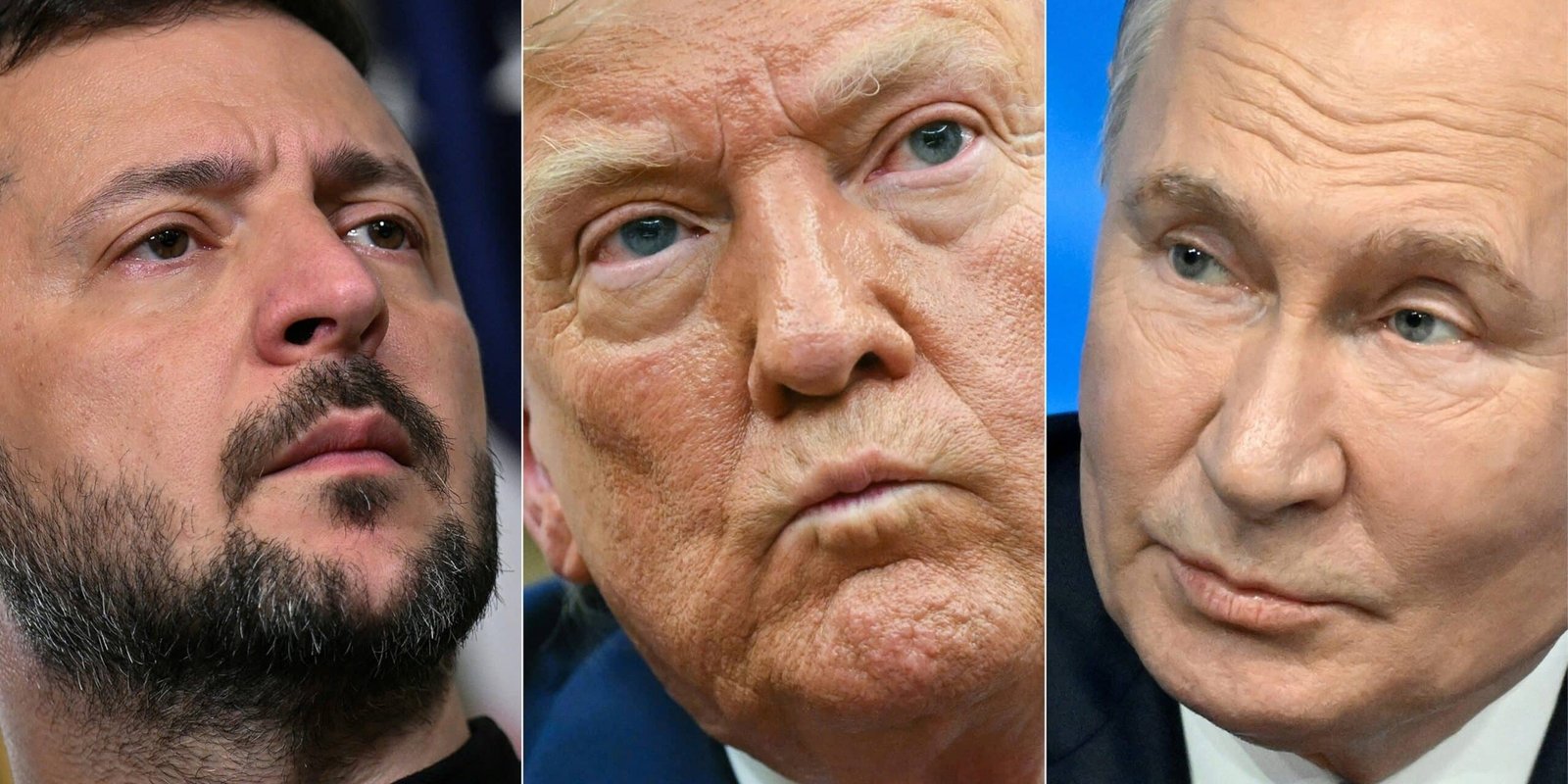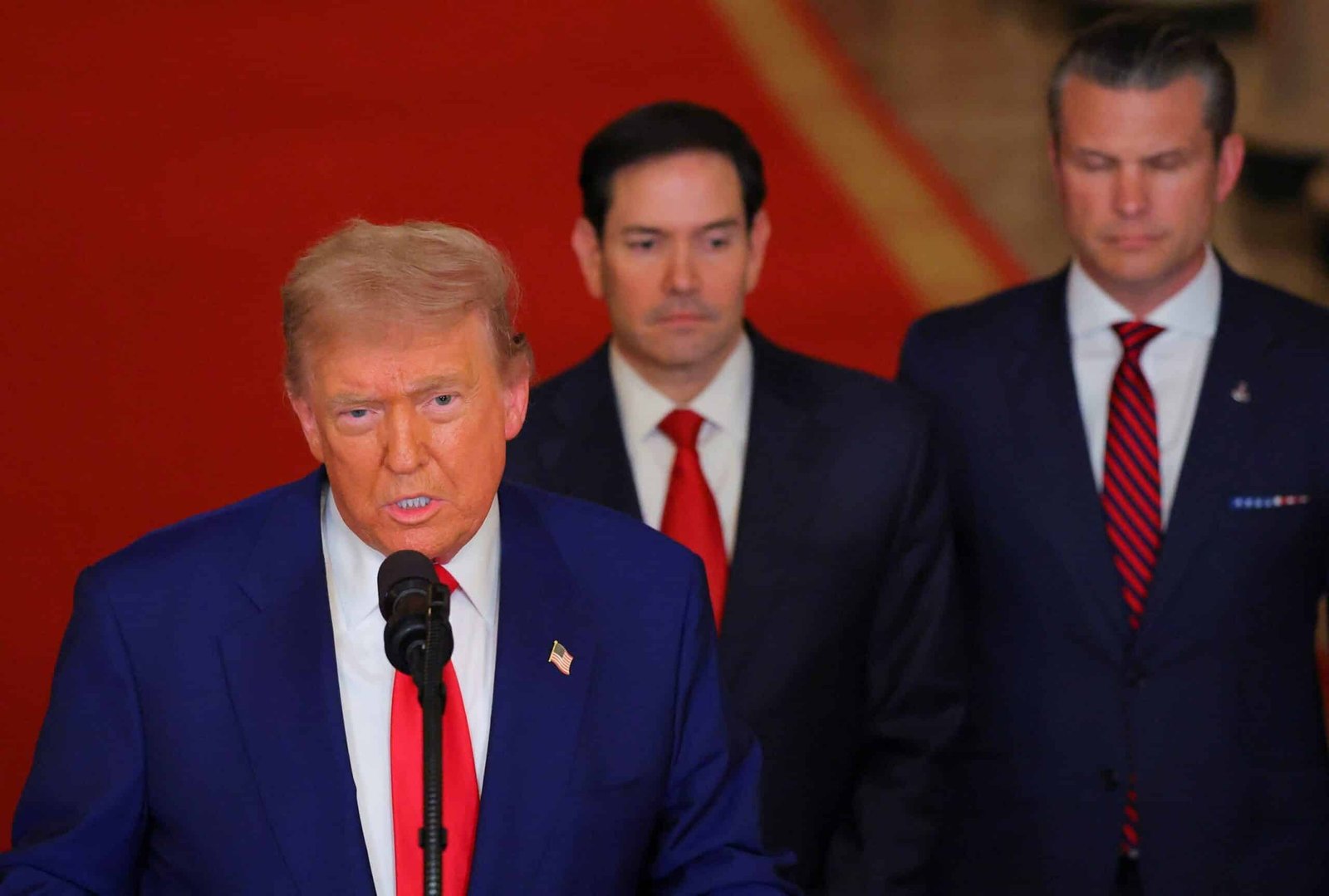The judge refused the last minute request, how to open the way to eliminate 8 migrants detained at Djibouti
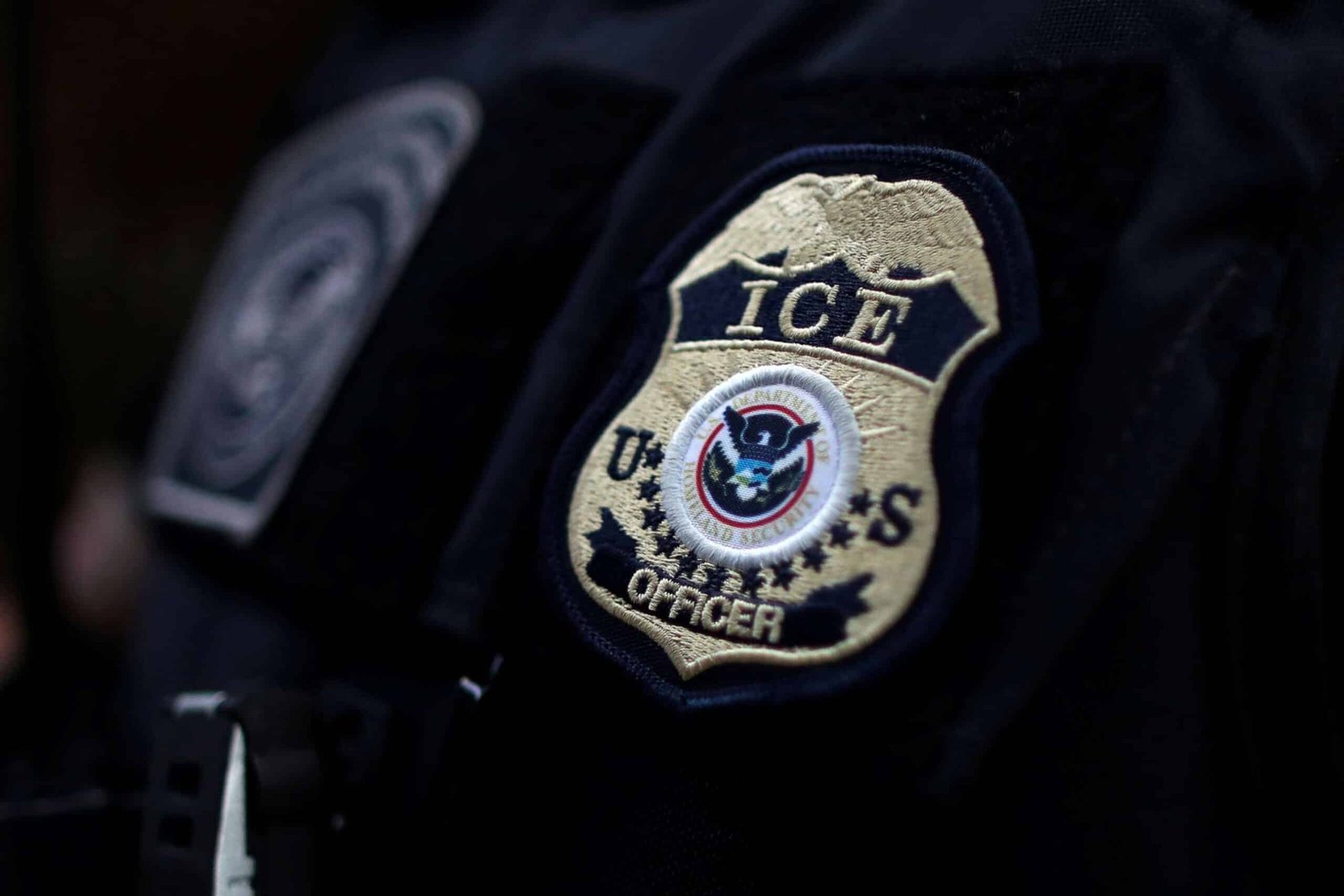
A federal judge on Friday denied the eleven hours of request for temporary detention orders that prevented the elimination of eight migrants detained in African Djibouti, opening the way for the Trump government to complete their transfer to South Sudan.
The migrants, who were convicted in the United States for violence crimes, were given notification of transfer and placed on flights from the US to South African State of South Sudan in May – but after US District judge Brian Murphy blocked administrative efforts to deport the group without giving them an adequate opportunity to make the US transfer, the group werled in Djibouti.
In an opinion that was not signed on Thursday, the Supreme Court explained that because he raised the legal process requirements of Judge Murphy for the transfer of a third country last month, the government could no longer be held accountable for allegedly violating these requirements, cleaning the road for the government to move them to South Sudan-a country that did not have a bond.
On Friday, only a few hours before the people were scheduled to board a plane for South Sudan, US District Judge Randolph Moss issued an administrative visit period in a new case submitted on behalf of eight people.
“We are not trying to challenge the transfer order,” A lawyer representing the people said at the Friday afternoon session in Washington, DC “We tried to challenge the act of sending the applicants to the place where they could be tortured, injured or imprisoned.”
Judge Moss ordered a period of residence to allow the parties to seek assistance from the Massachusetts District, where Judge Murphy made his original decision.
Judge Murphy, in an order issued on Friday night, rejected the plaintiff’s request for a temporary detention order.
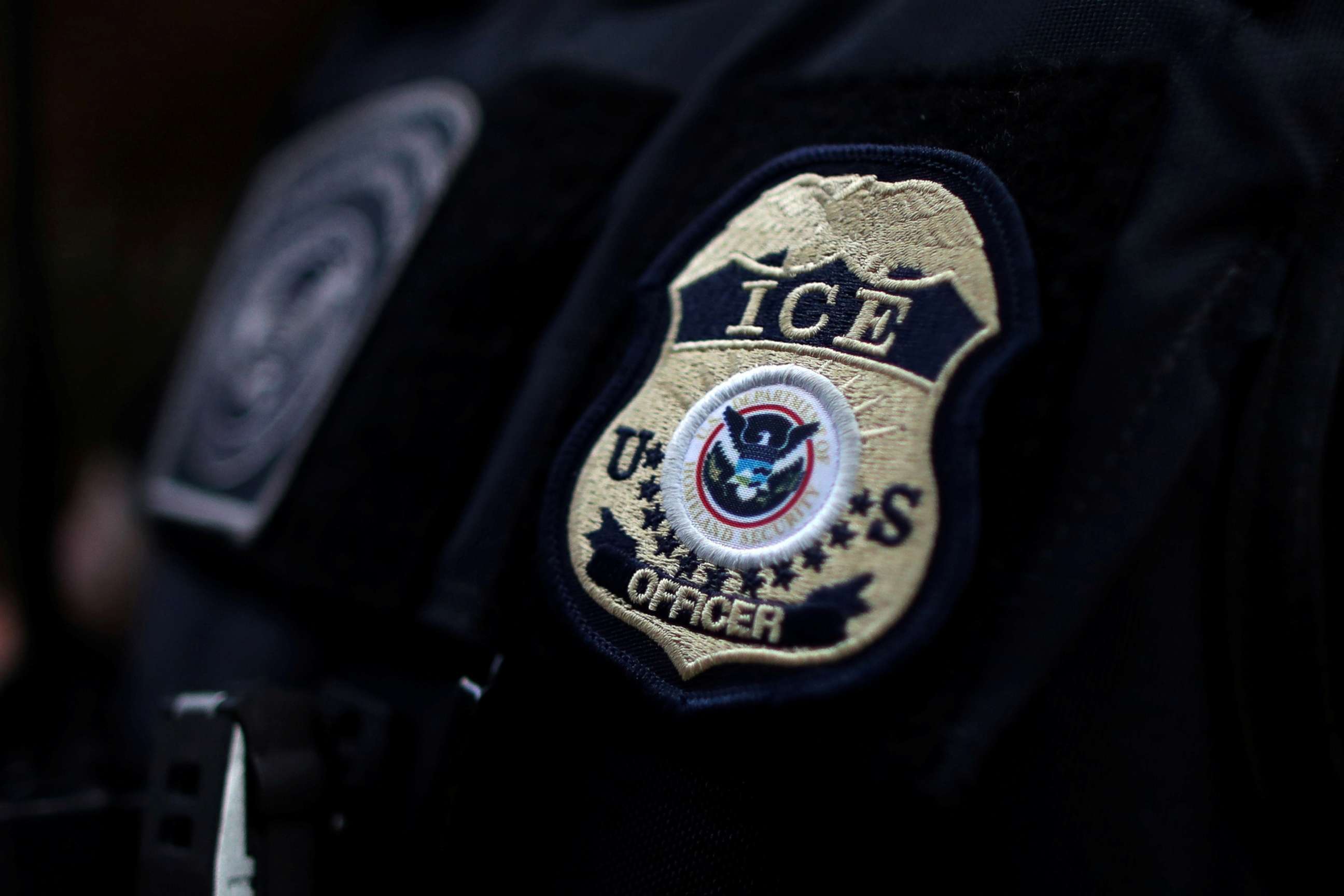
The Director of the ICE Field Office Director, Enforcement and Deletion Operation, David Marin and the US Immigration and Customs Operations Team (ICE) searched for a Mexican citizen in a house in Hawthorn, California, March 1, 2020.
Lucy Nicholson/Reuters, File
“This court interprets the command of this Supreme Court as binding this new petition, because the applicants now submit a claim that is substantially similar, and therefore the applicant for motion is rejected,” wrote Judge Murphy.
The lawyer of the Department of Justice said that the people were scheduled to be flown to South Sudan at 19:00 et.
Lawyer DOJ claimed during the trial on Friday that they had spoken with the Department of Foreign Affairs officials during the break and that they had received certainty from South Sudan that after their deportation there, the people would be given immigration status “in accordance with national law and South Sudan Immigration Procedures” which would allow them to remain in the country “temporarily.” But lawyers do not have information about whether they will be detained or not.
“We certainly have not asked them to be detained, and our understanding is that there is no reason to think that they will, but the last part is clearly speculation,” said a Doj lawyer.
Judge Moss echoed the plaintiff’s lawyer who worried that the people could face torture and be disadvantaged if they were deported to South Sudan.
“I think, like all of us, I do not want to see anything happening to one of the plaintiffs in this case, or to anyone who involves acts of violence or body damage or whatever from that nature,” the judge said. “It is clear that it does not need to be said that even when someone has been punished for committing a terrible crime, after that person serves their sentence for that, our government, or others must be in business causing pain and suffering to other humans, just for doing it.”
“And I think for me it is almost clear that the United States government cannot take humans and send them to conditions where their physical welfare is at risk for both punishing them or sending signals to others that if you come to the country and commit crimes, not only you will be prosecuted in the United States for it, but you will be sent to a terrible situation,” he will be prosecuted.


